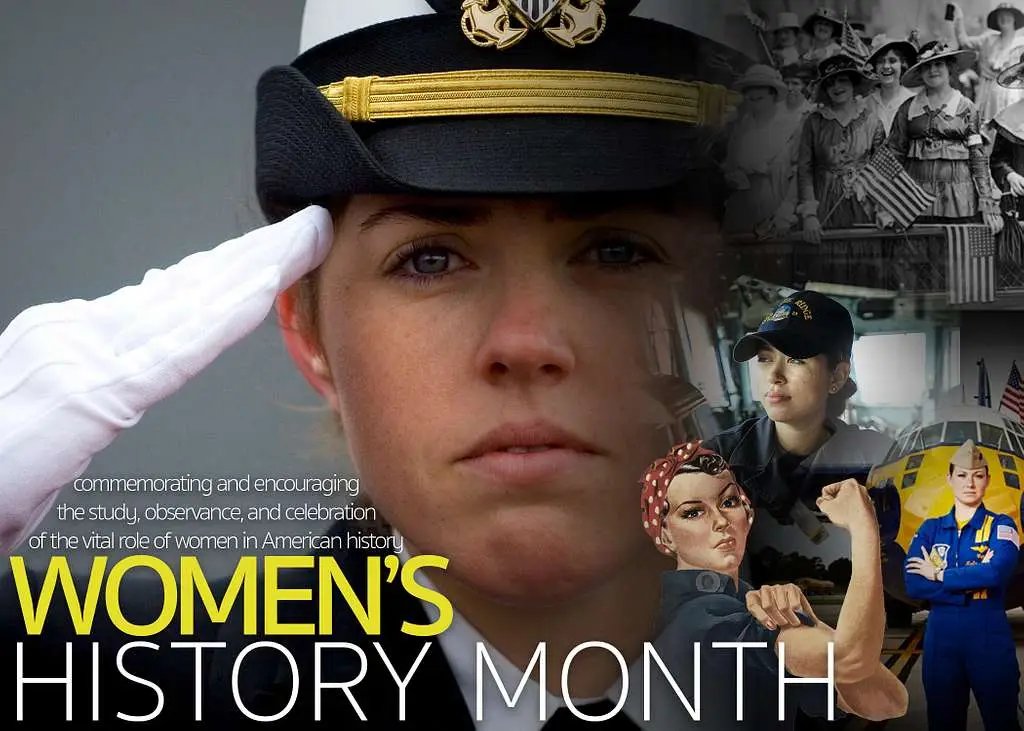Celebrating Women’s History Month: Triumphs and Challenges
If you have read any of my books then you know that I ALWAYS create strong female characters. So with that in mind, I think we should take a moment and reflect on a few of the milestones in women’s history.
Every year, March is designated as Women’s History Month, a time to honor the contributions and achievements of women throughout history. It is an opportunity to reflect on the struggles and successes of women and to promote gender equality.
The Origins of Women’s History Month
Women’s History Month began as a local celebration in Santa Rosa, California, in 1978. The movement quickly gained momentum, and in 1980, President Jimmy Carter issued the first Presidential Proclamation declaring the week of March 8th as National Women’s History Week. The week-long celebration was later extended to the entire month of March in 1987.
Celebrating Milestones in Women’s History
Throughout history, women have made significant contributions to society, often against formidable odds. Some notable milestones include:
- The Right to Vote: The 19th Amendment to the U.S. Constitution, ratified in 1920, granted American women the right to vote. This was a pivotal moment in women’s rights, achieved after decades of advocacy and protest.
- Women in Leadership: In recent years, there has been a significant increase in the number of women in leadership roles, both in politics and in the corporate world. This shift reflects a growing recognition of the importance of diversity and inclusion in decision-making processes. As a side note: In 2023 The Fortune 500 boasted 52 women CEOs, an 18% increase over the number of female CEOs in 2022.
- Advancements in Science and Technology: Women have also made significant contributions in the fields of science and technology. Pioneers like Marie Curie, Rosalind Franklin, and Katherine Johnson broke barriers in their respective fields, paving the way for future generations of women scientists. (The Rosalind Project, a secret scientific research group I created for my series, A Monstrous Dread, was named after Rosalind Franklin, a British chemist whose work was central to the understanding of the molecular structures of DNA, RNA, and viruses.)
Addressing Ongoing Challenges
Despite these advancements, women continue to face significant challenges:
- Gender Pay Gap: Women, on average, still earn less than men for the same work. Closing this gap requires systemic changes in both policy and corporate practices. Progress is being made but the gap is still significant.
- Underrepresentation in Certain Fields: Women are still underrepresented in fields like science, technology, engineering, and mathematics (STEM). Efforts to encourage and support women in these areas are crucial. Coincidentally, I have a blog post on this very subject here: https://nickihuntsmansmith.com/women-and-girls-in-science/.
- Combating Gender-Based Violence: Violence against women remains a pervasive issue worldwide. It requires concerted efforts from governments, communities, and individuals to create safer environments for women. Maybe there’s a theme here because I also have a blog post about this here: https://nickihuntsmansmith.com/domestic-violence-awareness/.
The Importance of Education and Advocacy
Education plays a crucial role in Women’s History Month. Schools and organizations often hold events and activities to educate the public about the contributions of women throughout history. Advocacy is also vital. Supporting policies that promote gender equality and the rights of women is crucial for creating a more equitable society.
Conclusion
Women’s History Month is not only a time to celebrate the past achievements of women but also a reminder of the ongoing struggles we face. It’s an opportunity to recommit to gender equality and to recognize the integral role women play in shaping our world. As we reflect on the past and look toward the future, it’s clear that our efforts to achieve equality must remain ongoing, and every step forward is a cause for celebration.

